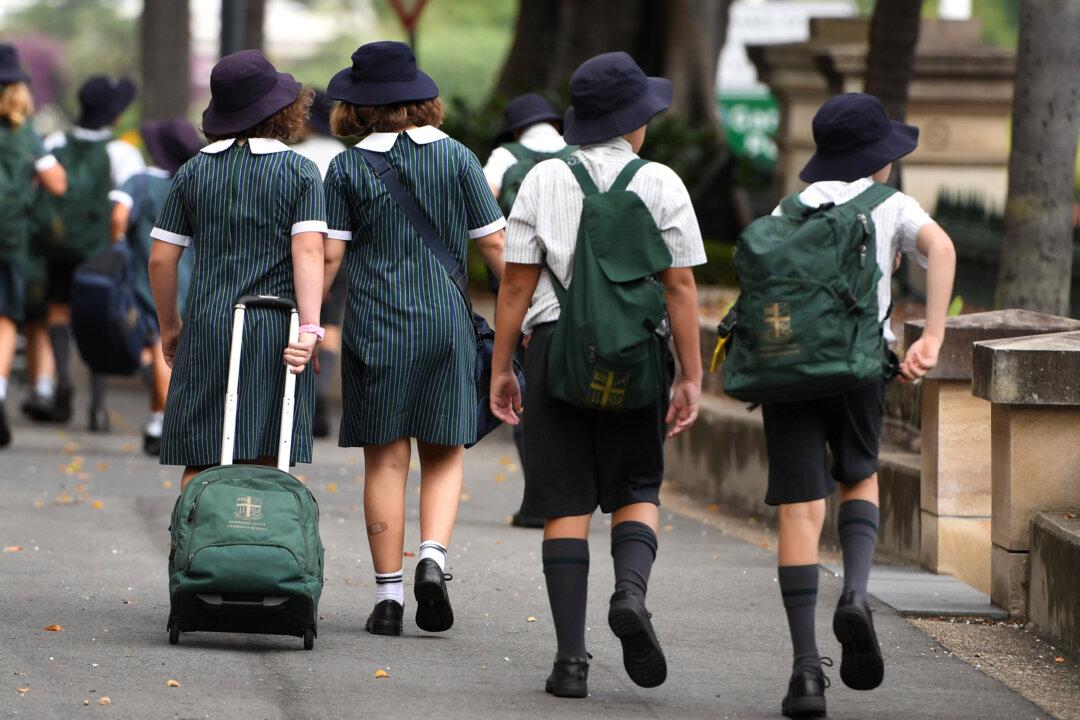Commentary
Cresta Richardson, head of the Queensland Teacher’s Union, has declared that the 1.3 million children preparing to sit the NAPLAN test should be spared the test because it’s too “stressful” for them.


Cresta Richardson, head of the Queensland Teacher’s Union, has declared that the 1.3 million children preparing to sit the NAPLAN test should be spared the test because it’s too “stressful” for them.